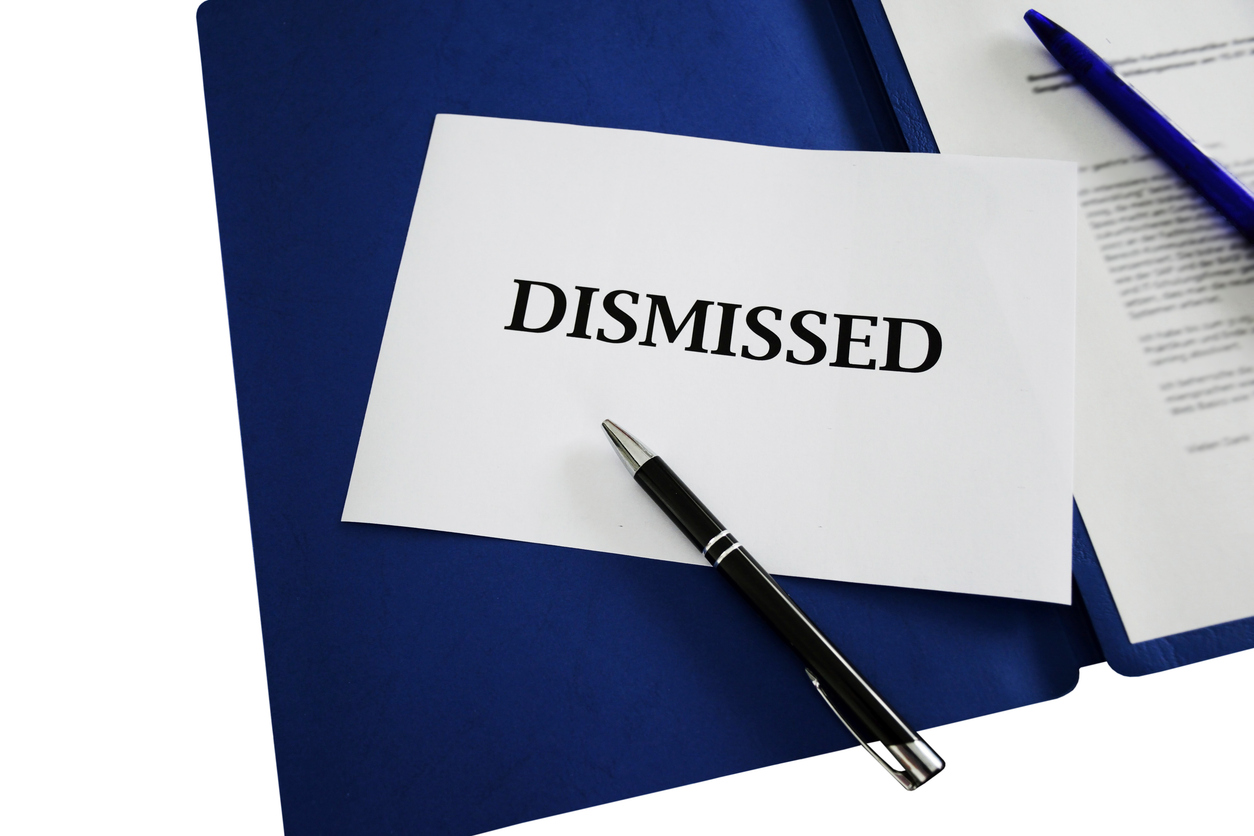When a hurricane makes landfall, it is national news due to the devastation caused. Billions of dollars of damage, and thousands of people become homeless and without a job. Most everyone in the country has seen the pictures, if only for the shock value. As Floridians, most of us have lived this devastation in some shape or form. For policyholders, we know that the storm is only the beginning of the ordeal.
As responsible property owners, insurance was purchased, and premium payments made for years as loyal customers. But when it came time for insurance companies to honor the purchased policy, only a few insurance adjusters followed the policy terms. Homes were destroyed, and no one seemed to care. Workplaces that supported the community for years were ruined, and no one seemed to care. These were lives that now sit in piles along roadways, and insurance companies, that were meant to protect their policyholders, merely degraded the coverage value.
From reading two bills currently pending in the Florida Legislature,1 I recognize a number of significant negative implications for policyholders, to the benefit of insurance companies.
First, the Roof Surface Reimbursement Schedule allows an insurer to provide limited coverage for residential insurance policyholders. This schedule provides substantially less coverage for roof damage claims that are more than 10 years old, which would require policyholders to pay thousands more, that they do not have, to fix their roofs and make their homes livable. Tile and metal roofs are capable of having a 50-year life, and shingle roofs are capable of having a 20-year life. Under this bill, policyholders are penalized for being economical and responsible. Eradicating the replacement value provision in policies would render them almost useless to homeowners when a new roof is needed, which in turn exponentially worsens other, interior damage.
Second, these bills reduce, from 3-years to 2-years, the time for a homeowner or business owner to file a hurricane or windstorm notice of claim, and it creates a 2-year deadline for all property insurance claims – the initial claim, a supplemental claim, and a re-opened claim. Such a provision illustrates a profound misunderstanding on the logistics of recovering from a hurricane. Predatory construction companies descend on affected areas. With no other choice, policyholders hire who they can to fix their damaged roofs, which still may not occur for months. Unfortunately, policyholders may not discover until years after the fact the need for a supplemental claim. The current three-year limitation is already short under most circumstances, but the reduction to two years is unconscionable. Further, such has a disproportionate impact on seniors, seasonal residents, and homeowners who have latent and escalating hidden roof or water damages.
Finally, these bills repeal over a century of Florida law and would harm homeowners’ ability to retain counsel. Policyholders are incredibly small in the face of multi-million dollar companies. When insurance companies behave in a predatory, greedy, and hostile manner, the only recourse is either (1) accept the less-than owed coverage and move on to avoid further financial destitution, or (2) fight in court. Current Florida law exists to try to “level the playing field” between the economically advantaged and sophisticated insurance companies and the individual citizen.
SB 76 and HB 305 do not allow the prevailing policyholder’s attorney fees to be awarded “against a commercial or residential property insurer” even when policy benefits are unreasonably withheld. These bills, at minimum, condone the insurance behavior to deny or delay payment rightfully owed to their policyholders, and, at worse, encourages such dishonest behavior.
As noted above, the only real avenue for policyholders to enforce the terms of their policy against the insurer is to go to court; however, these bills contain new attorney fee restrictions that create burdensome and unnecessary obstacles for policyholders, to the benefit of insurance companies. This time consuming and expensive new process of (1) requiring a “determination of coverage;” (2) before a policyholder can send a written of notice of intent demand letter; (3) sixty days before filing suit, will increase delay, denial, and low payment of legitimate claims.
Who is represented by Florida legislators, the people harmed by this bill or the insurance companies?
________________________________
1 Senate Bill 76 and House Bill 305.




